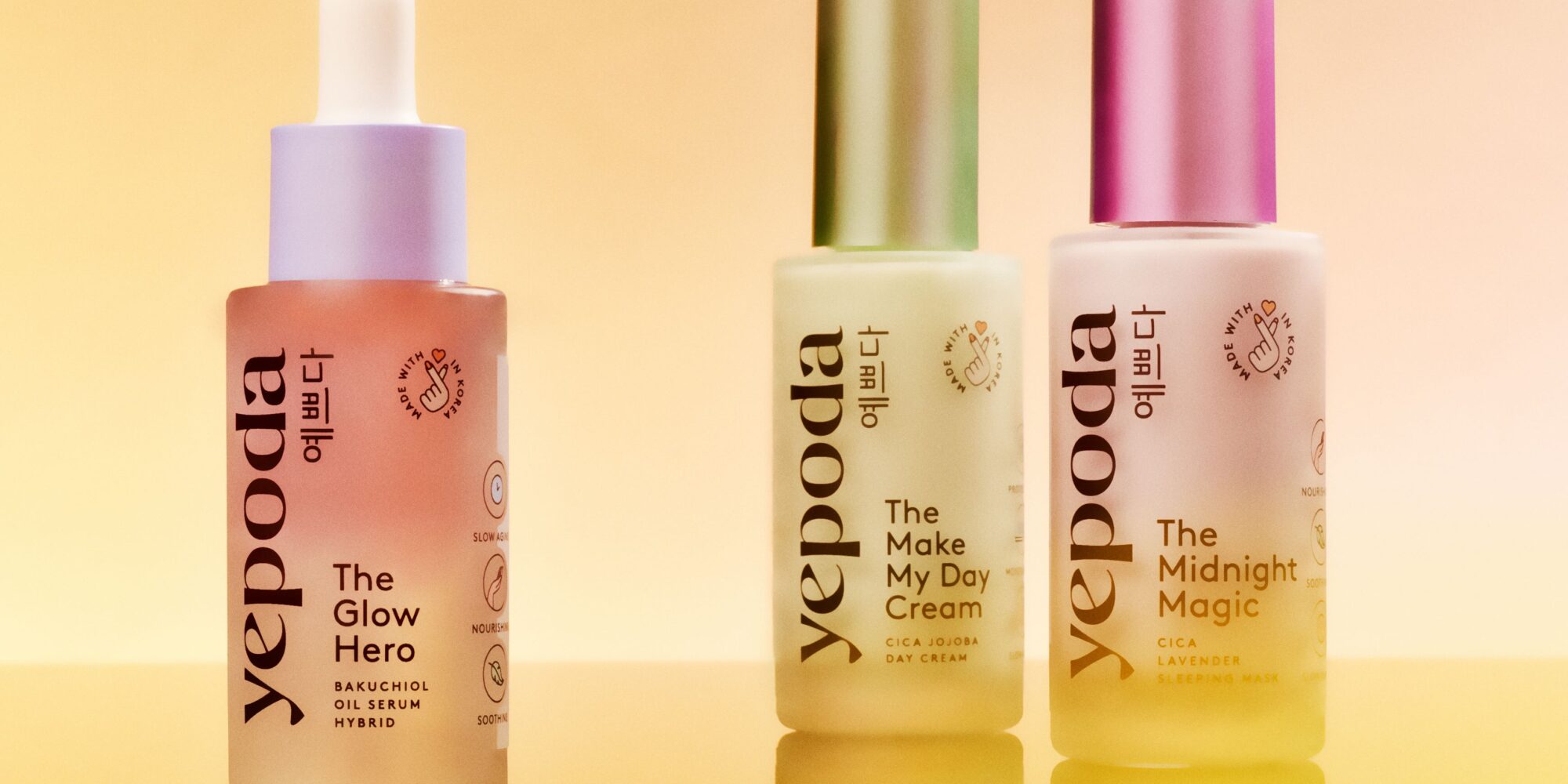
K-Beauty Brand Yepoda Secures Series B Funding, Debuts In Retail At Sephora Europe
Yepoda, the fast-growing K-Beauty brand, has landed series B funding to support retail distribution, global expansion and product development.
Verlinvest, the Brussels-based evergreen investment firm established 30 years ago by family shareholders of beer conglomerate AB InBev, led the series B round, making Berlin-based Yepoda the first brand to graduate from its venture capital arm, V3 Ventures, to its growth equity platform. The funding amount wasn’t disclosed, but the firm typically invests 25 million to 100 million euros or roughly $27 million to $108 million in the growth equity stage. Preexisting investors V3 Ventures and JamJar Investments participated in the series B round, too.
The round comes as Yepoda, launched in direct-to-consumer distribution in April 2020, has made its retail debut exclusively in Europe at more than 100 Sephora stores, including flagship locations on the Champs-Elysées in Paris and Corso Vittorio Emanuele in Milan. Achieving 120% profitable growth in 2024, the brand exceeded 65 million euros or nearly $71 million in revenues and reached over 1 million customers across France, Italy, Spain, Germany and the United Kingdom.
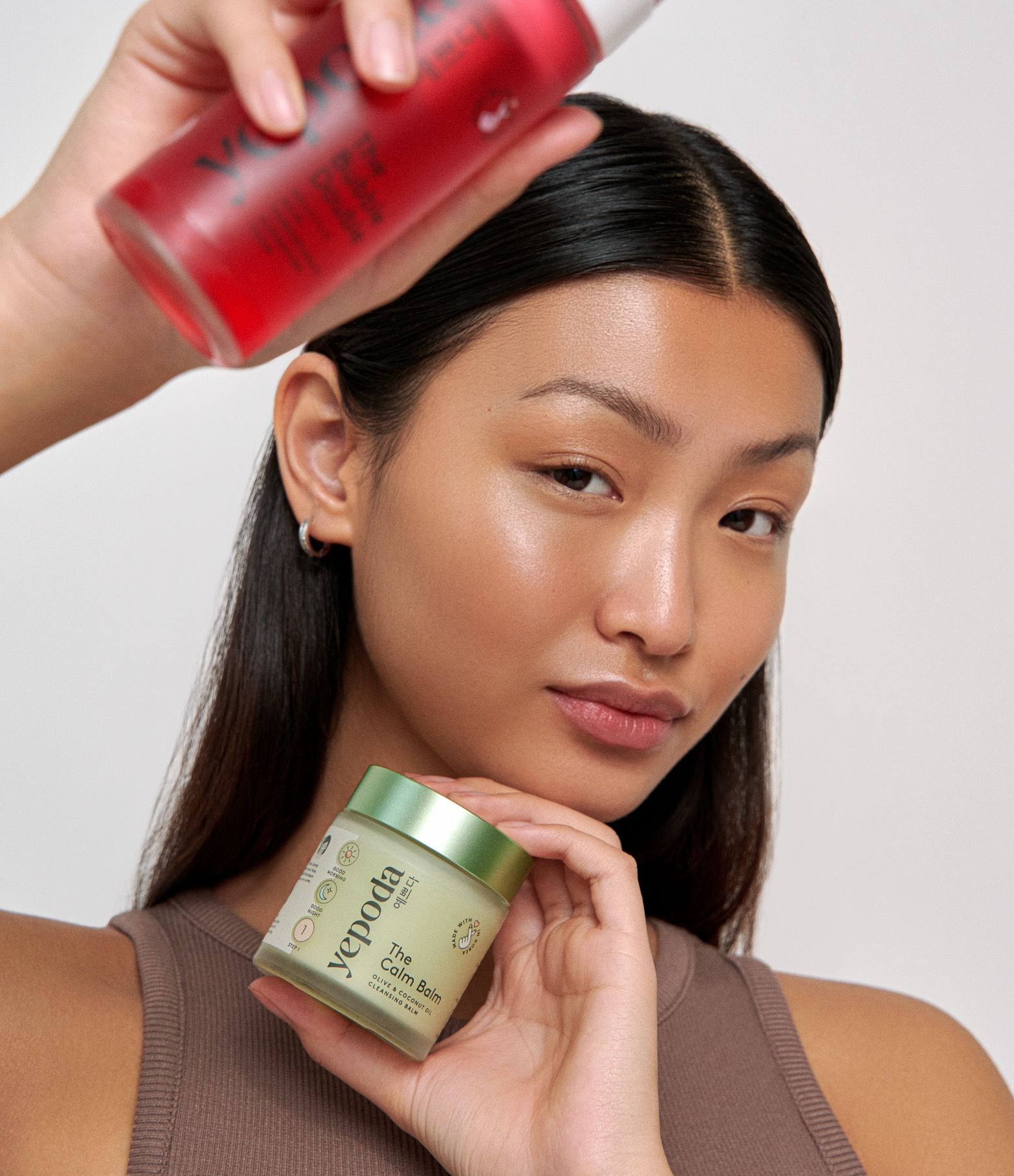
“We are super excited now to see retail succeed and making sure that consumers and community can reach us in different places than only through our website and really make that connection with the community that we have built online, but also do that offline,” says Sander Joonyoung van Bladel, co-founder and CEO of Yepoda. “In the end, the goal is to build a really long lasting, loved brand and a very exciting beauty brand that is here to stay.”
Joonyoung van Bladel, who grew up in the Netherlands with a Dutch father and Korean mother, used to tote K-Beauty products back to his friends and family that he bought on trips to South Korea. Enamored with K-Beauty technology like his friends and family, he and his wife Veronika Strotmann, his co-founder at Yepoda, decided they should sell rather than simply buy K-Beauty products, but make them natural, sustainable, clean, clinically tested and with eye-catching colorful formulas and packaging to suit Western beauty shopper preferences.
Today, Yepoda has 23 products priced from 20 to 35 euros or about $21 to $38. Known for double cleansing, among its bestsellers are cleansers The Calm Balm and The Bubble Double along with toner The Mist Have and cushion foundation The Dewy Day. Its products are housed in glass packaging, and it has pouch refills described as biodegradable for three-quarters of them. Two additional products are slated for release this year. Named for the Korean word for “pretty,” Yepoda has 85 people on its team.
“We’ve been particularly impressed and attracted by Veronika and Sander’s ability to translate Korean beauty trends for a Western audience.”
Ben Black, executive director at Verlinvest, says, “We’ve been particularly impressed and attracted by Veronika and Sander’s ability to translate Korean beauty trends for a Western audience. The fact that Yepoda is marketing more clean ingredient lists with highly efficacious products whilst also being sustainable we believe is a killer combination for growth, and the prospect of bringing fun, surprise and delight to customers is something that we believe Yepoda has cracked in a major way.”
Black notes that the brand’s repeat purchase rates are at 10% to 20% above the average he sees for skincare brands on the market. He points out Yepoda’s competitive set extends beyond K-Beauty brands to a wide array of efficacy-focused skincare brands. “That’s hugely exciting because it tells us that there’s a real opportunity for scale,” says Black.
Yepoda’s core customers are 25- to 34-year-olds in urban and suburban areas. Italy is the brand’s largest market, followed by France. The brand just started being available in the United States in late 2024 via its e-commerce website. Although Sephora represents Yepoda’s retail debut, it hosted five three- to six-month pop-ups last year in Milan, Rome and Paris. It expects to continue to host pop-ups and incorporate elements of the experiential pop-ups into its retail presence. For instance, Strotmann mentions integrating skin analysis it performed at the pop-ups in store activations.
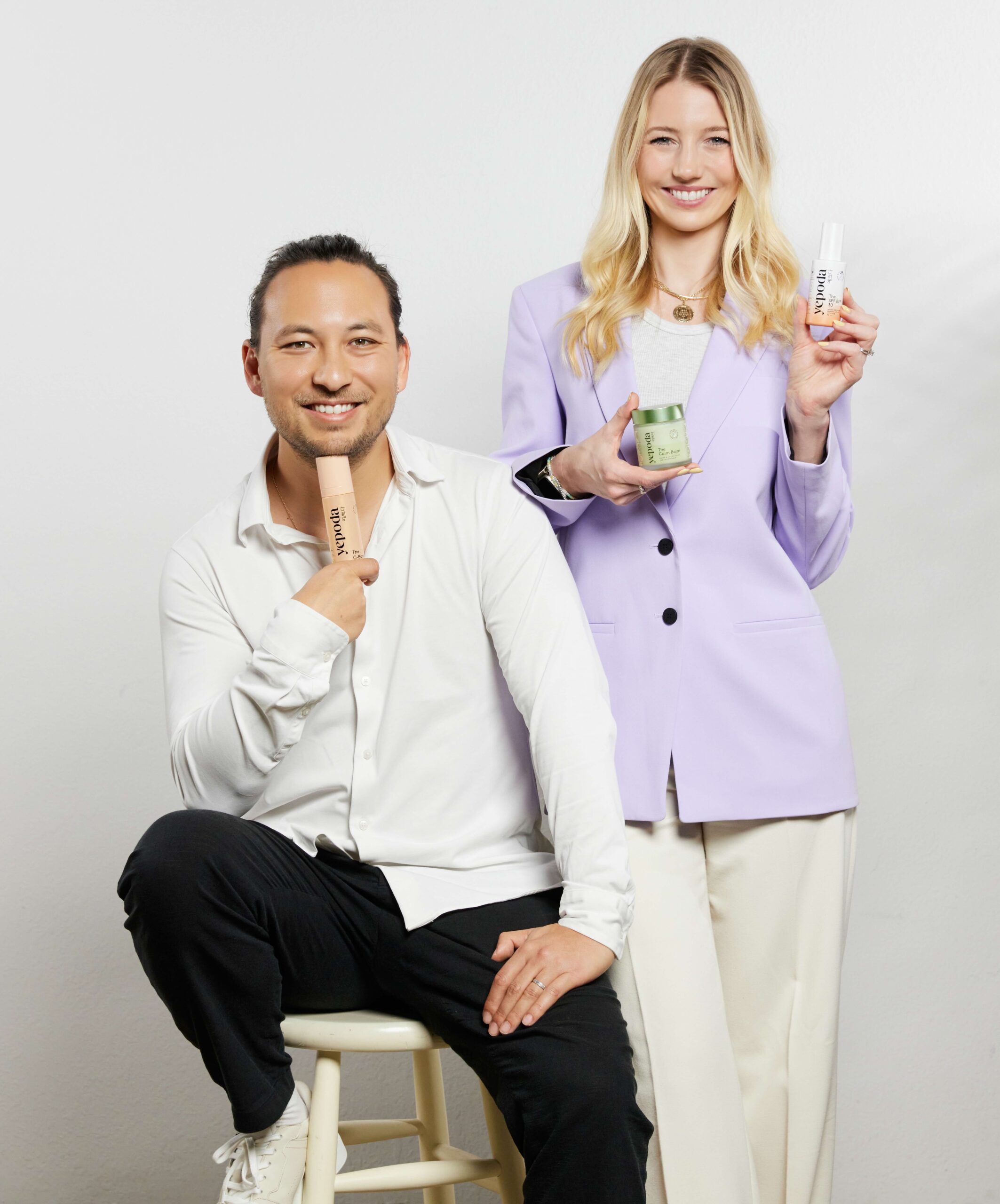
Beauty has been a focus at Verlinvest and JamJar Investments. Yepoda joins beauty e-tailer Purplle, medical aesthetic chains Faceland and Cible Skin, and skincare brand Juicy Chemistry in Verlinvest’s portfolio. JamJar Investments’ other beauty plays include Skin+Me, Bibbi Parfum and Wild Cosmetics. Yepoda raised series A funding in 2023 from Chris Good, former group president, North America at Estée Lauder and advisor to the brand, Slingshot Ventures and V3 Ventures, which is helmed by Treatwell founder Lopo Champalimaud.
“We remain very bullish on skincare in particular. That’s not to say we’ve not seen some softening by any means, but what we’re looking for is resilience over the long term,” says Black. “All of our businesses that we’ve invested in across the beauty space we believe are fundamentally resilient because they offer consumer value in a different way…We believe there will be winners and losers across the skincare space even if the category has remained much, much more attractive than other categories where we’ve seen trade out of as a result of the cost-of-living crisis.”
Click here to learn more about Dealmaker Summit NYC happening June 2-3.


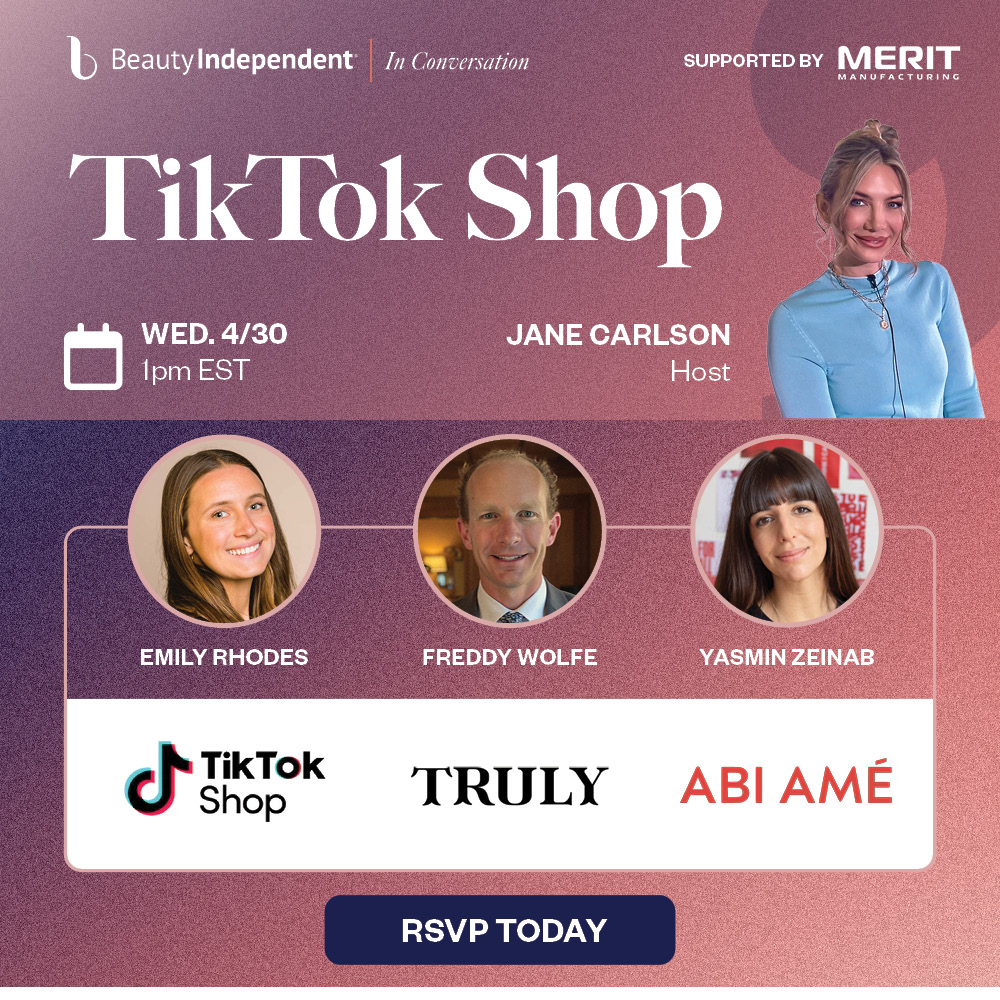
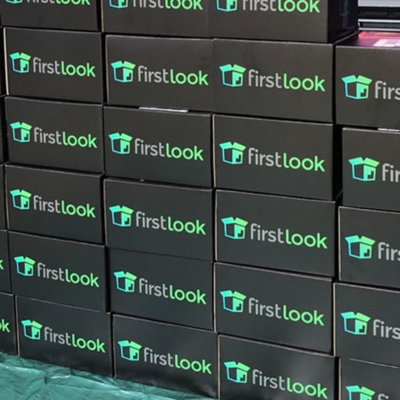
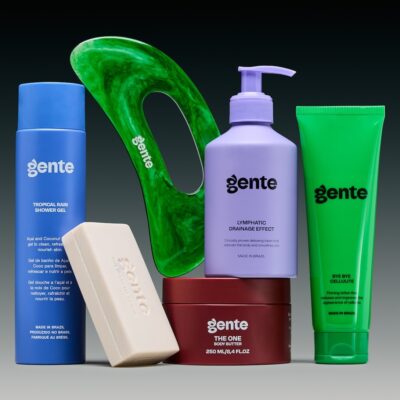
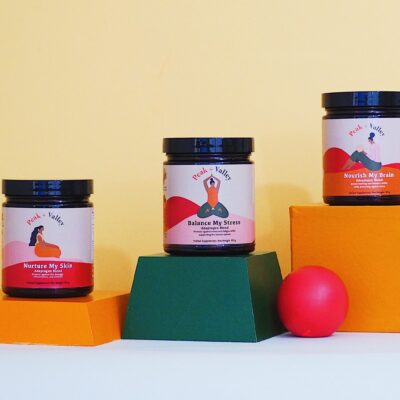

Leave a Reply
You must be logged in to post a comment.